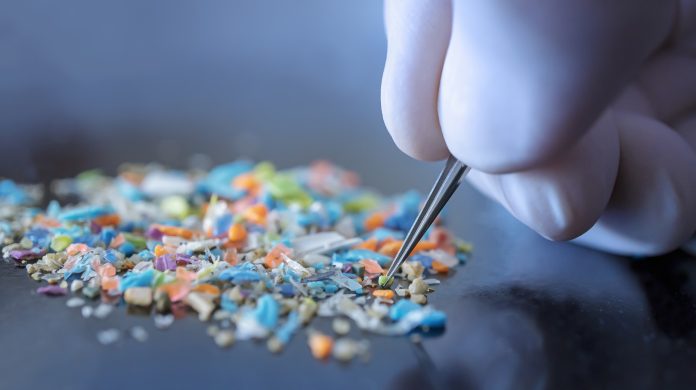Overwhelming evidence shows that the current approach to combat plastic pollution is not enough
The recent report published in Science, led by experts from various fields, including marine biology and sustainability, highlights that current national legislation is insufficient to tackle the scale of the microplastic problem.
The need for international cooperation to reverse the impact of microplastics
With the upcoming United Nations’ Plastic Pollution Treaty deliberations in 2024, the report sees this as a pivotal opportunity for coordinated global action.
The treaty must not only focus on national regulations but also commit to reducing plastic production and minimising microplastic emissions across the entire lifecycle of plastics.
Over the past two decades, research has increasingly shown the detrimental impact of microplastics and their pollution on ecosystems, wildlife, and potentially human health. Microplastics, once introduced into the environment, persist indefinitely and are incredibly challenging to remove.
Professor Thompson said: “After 20 years of research there is clear evidence of harmful effects from microplastic pollution on a global scale. That includes physical harm to wildlife, harm to societies and cultures, and a growing evidence base of harm to humans.”
Growth and impact of microplastics
Since the term “microplastics” was coined 20 years ago, research has multiplied, revealing their pervasive presence worldwide. They have been found in over 1,300 species and are even detected in human tissues and organs, showing the extent of environmental contamination and its potential long-term consequences.
Current estimates suggest that annual microplastic emissions could double by 2040 if unchecked, acting as a significant environmental risk well into the next century.
Social and Policy Considerations
Professor Sabine Pahl stresses that plastic pollution is mainly driven by human actions, necessitating research on public perceptions and policy drivers. Understanding these factors is crucial for shaping effective policies and encouraging widespread support for sustainable practices.
“Plastic pollution is completely caused by human actions. That’s why we need research on perceptions of risks and benefits of plastic as well as other drivers of policy support and change, integrating a social science perspective,” said Professor Sabine Pahl.
This analysis encapsulates the urgency, scope, and potential solutions to plastic pollution.











